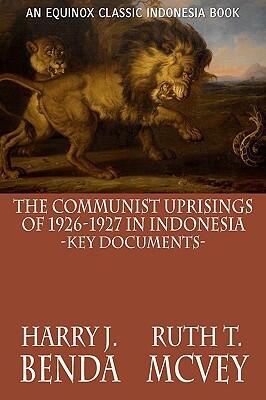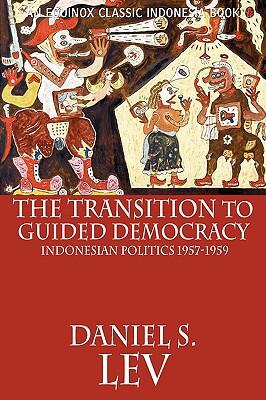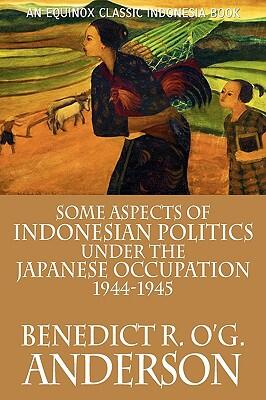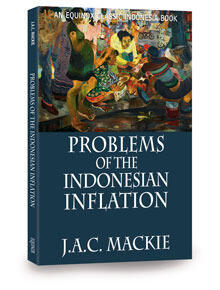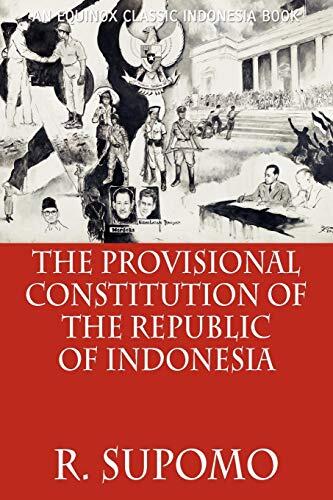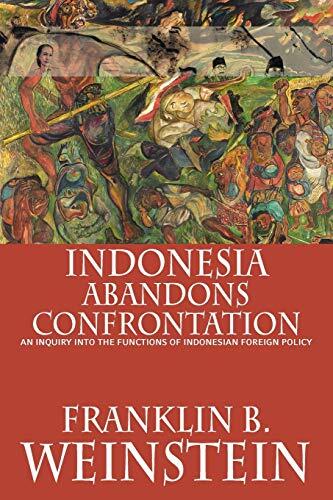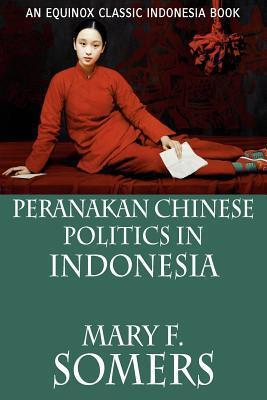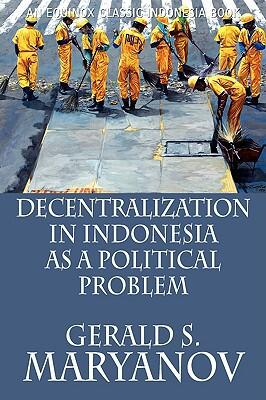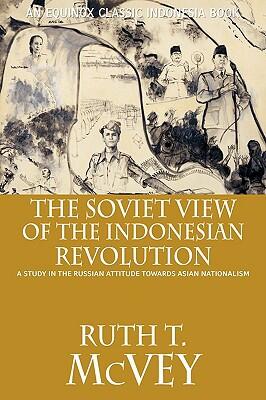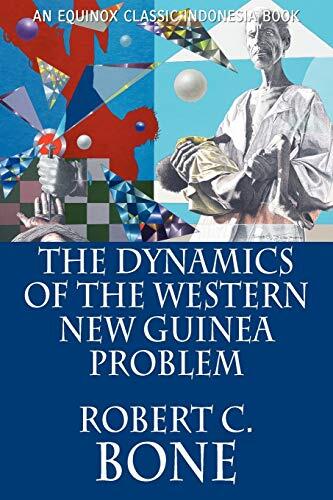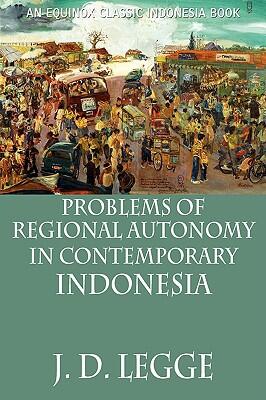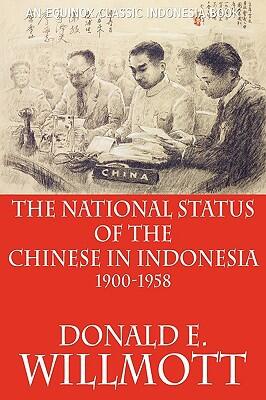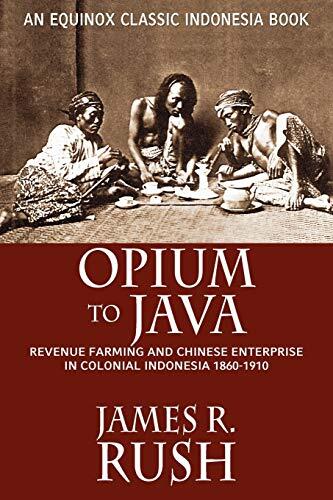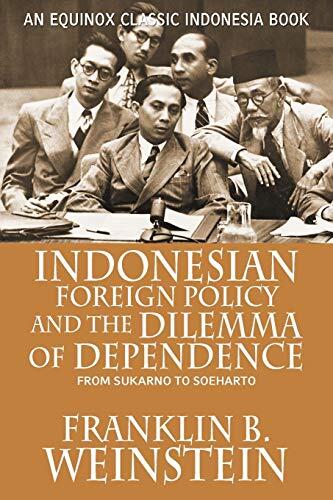
Indonesian Foreign Policy and the Dilemma of Dependence: From Sukarno to Soeharto
まだ評価がありません
Romance
Business & Economics
形式
ペーパーバック
ページ数
388
言語
英語
公開されました
Mar 21, 2007
出版社
Equinox Publishing
ISBN-10
9793780568
ISBN-13
9789793780566
説明
Franklin B. Weinstein offers an insightful exploration of Indonesia's foreign policy, tracing its evolution from the presidency of Sukarno to that of Soeharto. By delving into historical nuances, Weinstein examines how Indonesia's diplomatic strategies have been shaped by the pressures of international dependence and internal political dynamics.
Throughout the narrative, the author outlines how Indonesia's leaders navigated the complex geopolitics of the Cold War era, balancing relationships with major powers while seeking national sovereignty. The interplay of ideology, economic aspirations, and the pursuit of self-sufficiency frames much of the discourse, providing a thorough understanding of the dilemmas faced by Indonesia's leadership.
Weinstein also highlights the significant shifts in foreign policy philosophies between the two regimes, showing how Sukarno's assertive nationalism contrasted with Soeharto's pragmatic alignment with Western powers. This analysis reveals the pivotal moments and decisions that have ultimately shaped Indonesia's current standing on the global stage.
Ultimately, the work serves as a critical resource for those interested in international relations, Southeast Asian politics, and the historical context surrounding Indonesia's attempts at self-determination amidst external pressures.
Throughout the narrative, the author outlines how Indonesia's leaders navigated the complex geopolitics of the Cold War era, balancing relationships with major powers while seeking national sovereignty. The interplay of ideology, economic aspirations, and the pursuit of self-sufficiency frames much of the discourse, providing a thorough understanding of the dilemmas faced by Indonesia's leadership.
Weinstein also highlights the significant shifts in foreign policy philosophies between the two regimes, showing how Sukarno's assertive nationalism contrasted with Soeharto's pragmatic alignment with Western powers. This analysis reveals the pivotal moments and decisions that have ultimately shaped Indonesia's current standing on the global stage.
Ultimately, the work serves as a critical resource for those interested in international relations, Southeast Asian politics, and the historical context surrounding Indonesia's attempts at self-determination amidst external pressures.


